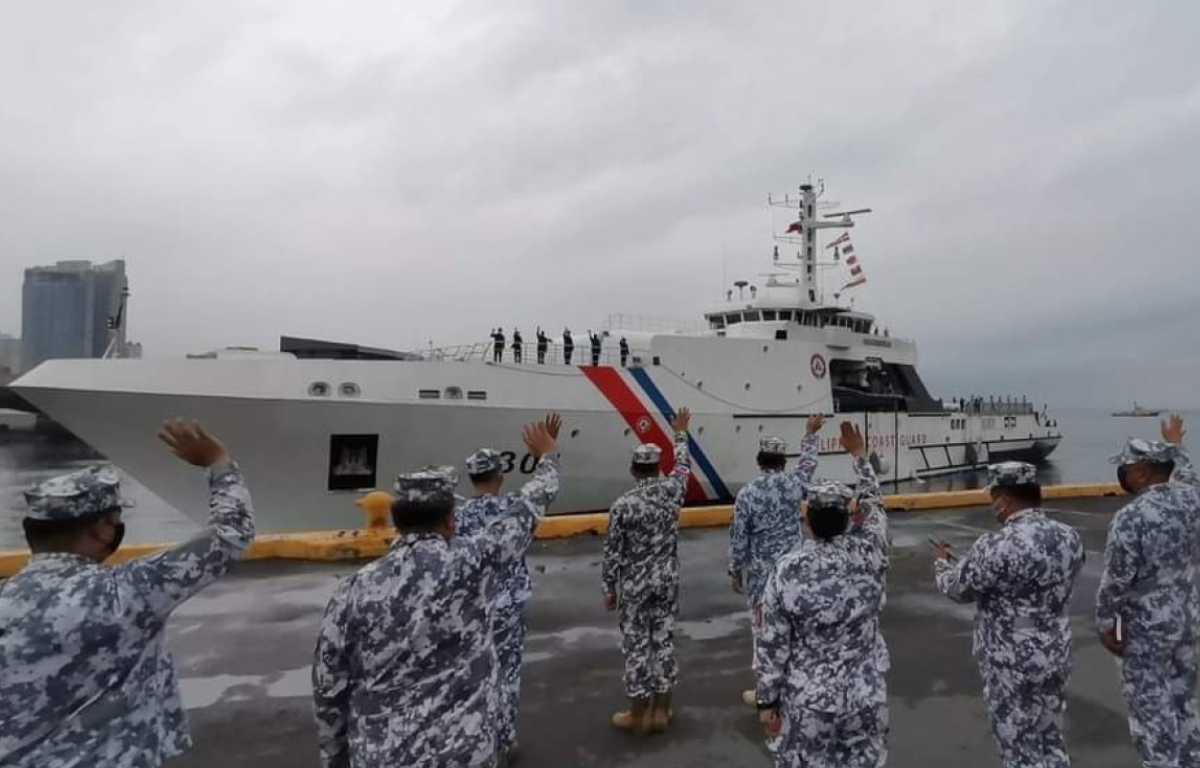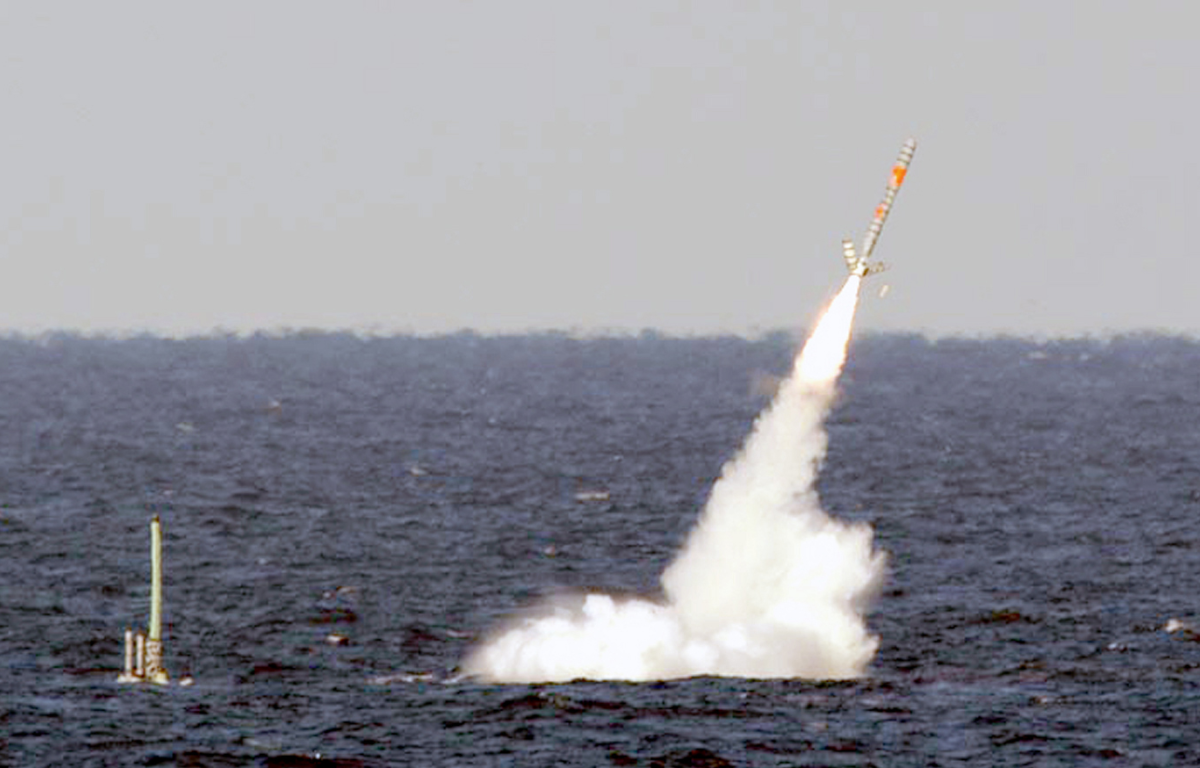
The Atal Tunnel, named after former Indian Prime Minister Atal Bihari Vajpayee, is a significant engineering feat. It is the longest high-altitude tunnel in the world, stretching over 9 kilometers and cutting through the Rohtang Pass at an elevation of 3,978 meters above sea level. The tunnel is expected to provide all-weather connectivity to the remote Lahaul-Spiti valley, which remains cut off from the rest of India for several months due to heavy snowfall in the region.
However, China’s reaction to the tunnel’s opening has been less celebratory. The Chinese Foreign Ministry spokesperson expressed concerns, stating that the inauguration of the tunnel could exacerbate the border situation between India and China. The two countries have been embroiled in a longstanding border dispute, particularly in the Ladakh region, where tensions flared in 2020 resulting in a deadly clash between Indian and Chinese troops.
China’s objections to the Atal Tunnel stem from its strategic implications. The tunnel provides India with improved access to border areas, including the sensitive border with China. This enhanced connectivity could bolster India’s logistical capabilities and troop movements in the region, which China views with suspicion.
The border dispute between India and China dates back decades and centers around territorial claims in the Himalayan region. Both countries have engaged in diplomatic talks and military de-escalation efforts to ease tensions, but the underlying issues remain unresolved.
India, on its part, has emphasized that the Atal Tunnel is purely a civilian infrastructure project aimed at promoting tourism, economic development, and connectivity for the people of the region. Indian officials have reiterated that the tunnel’s opening does not alter the status quo along the disputed border and should not be viewed as a provocation.
Despite India’s assurances, China’s response underscores the delicate nature of the bilateral relationship and the complexities involved in resolving border disputes in the region. The border issue has broader implications for regional stability and security, with both India and China being key players in the Asia-Pacific region.










Share this: